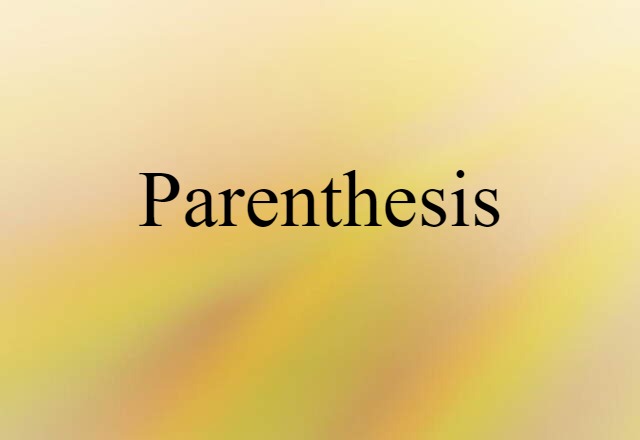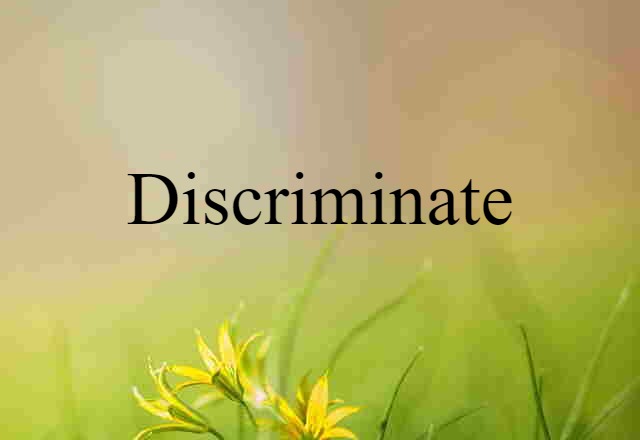- either or both of a pair of signs ( ) used in writing to mark off an interjected explanatory or qualifying remark, to indicate separate groupings of symbols in mathematics and symbolic logic, etc.
- the material contained within these marks.
- a qualifying, explanatory, or appositive word, phrase, clause, or sentence that interrupts a syntactic construction without otherwise affecting it, having often a characteristic intonation and indicated in writing by commas, parentheses, or dashes, as in William Smith—you must know him—is coming tonight.
- an interval.
- a phrase, often explanatory or qualifying, inserted into a passage with which it is not grammatically connected, and marked off by brackets, dashes, etc
- either of a pair of characters, (), used to enclose such a phrase or as a sign of aggregation in mathematical or logical expressions
- an intervening occurrence; interlude; interval
- inserted as a parenthesis
















